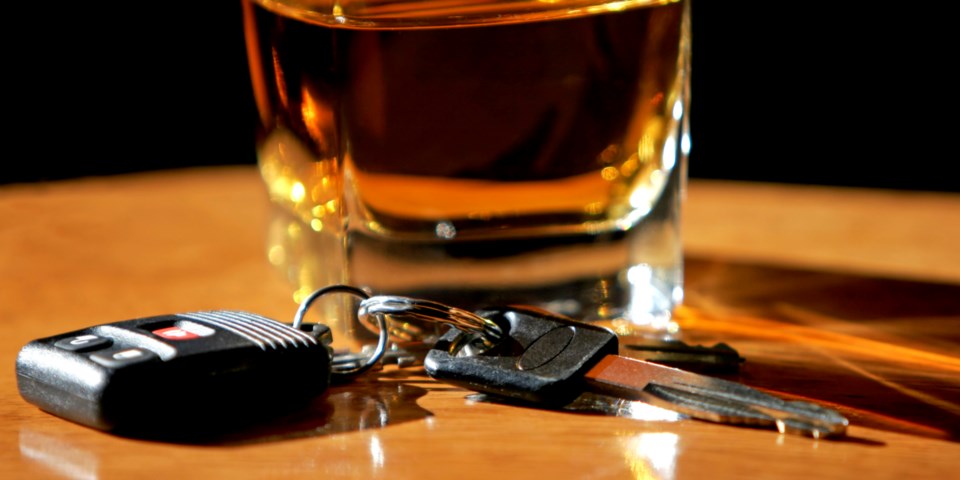Government is taking action against impaired driving through effective legislation, more tools for law enforcement, and doing more to build awareness.
“Drinking and driving has taken far too many lives in this province and people need to get the message that it is never acceptable, period,” said Joe Hargrave, Minister responsible for Saskatchewan Government Insurance. “Our government is committed to reducing the number of lives lost and people injured due to impaired driving.”
Saskatchewan has the highest rate, per capita, of impaired driving fatalities in Canada. In 2015, there were nearly 1,200 impaired driving collisions, killing 53 people and injuring 578 others.
Amendments to The Traffic Safety Act will be introduced this fall include: adding a three-day vehicle seizure for experienced drivers who are charged for the first time with having a blood alcohol content (BAC) over .04; applying zero tolerance for drugs and alcohol to drivers 21 and under; and strengthen ignition interlock laws to be the most ineffective in Canada, by extending mandatory ignition interlock to drivers who register a BAC over .16 or refuse to provide a breath sample (first offence results in two years; second offence results in five years; third and subsequent offence results in 10 years).
“These amendments build on changes the province made in 2014 to strengthen impaired driving laws,” said Gordon Wyant, Justice Minister and Attorney General. “Once passed, Saskatchewan will join Alberta and British Columbia in having some of the most effective impaired driving legislation in Canada. Our government also continues to explore other avenues to bring down the number of impaired driving deaths and injuries in the province, including closer examination of the full B.C. model.”
If approved, changes will take effect January 1, 2017.
Government is also further supporting law enforcement efforts through more tools and funding. SGI will invest $800,000 in 32 more Automated Licence Plate Readers (ALPRs) to help police catch disqualified drivers. This brings the total to 47 ALPRs, enough to equip all vehicles in the Combined Traffic Services Saskatchewan pilot. This pilot dedicates 60 officers to traffic safety enforcement, targeting problematic roadways and intersections in the central and southeast regions of the province, with a focus on impaired driving, distracted driving and speeding.
SGI is also providing $500,000 for law enforcement to increase check stops targeting impaired driving. “We know that if drivers perceive their risk of being caught impaired as being higher, they’re more likely to change their behaviour,” said Hargrave. “Having police checking drivers is a way to do that. Knowing there will be more police check stops provides that extra motivation for people to plan a safe and sober ride ahead of time.”
“I have watched this process unfold, and I can say that government was very serious about making sound and impactful change,” said Allan Kerpan, active advocate against drinking and driving, whose daughter was killed by a drunk driver in 2014. “With this game changing legislation, the government can take great credit in knowing they are saving lives in Saskatchewan.”
SGI is also supporting drivers in changing behaviour by raising awareness of impaired driving consequences through multi-media advertising campaigns and social media channels. Campaigns are underway now and will continue into 2017 and beyond.
To combat distracted driving, and in response to recommendations from law enforcement, government is also strengthening cellphone legislation by changing the offence to “holding, viewing, using or manipulating” a mobile device while driving, instead of the current “using” a mobile device.
“While The Traffic Safety Act is open to strengthen impaired driving consequences, it made sense to make this change to cellphone legislation at the same time,” said Hargrave. “We need to make it clear to drivers that using a cellphone while driving is not acceptable — the distraction simply isn’t worth the risk.”




